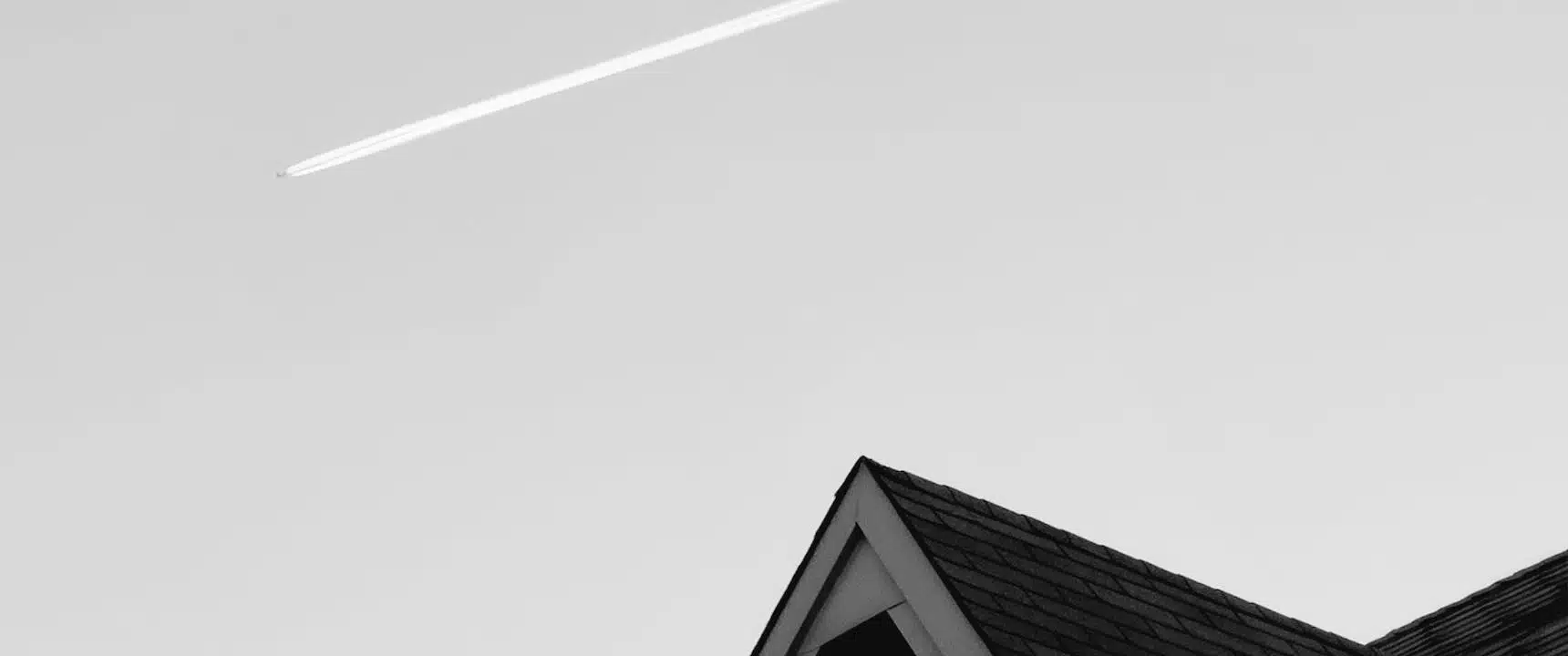
There are many factors that contribute to a roof’s lifespan. Here in Austin, the weather plays a big role but …
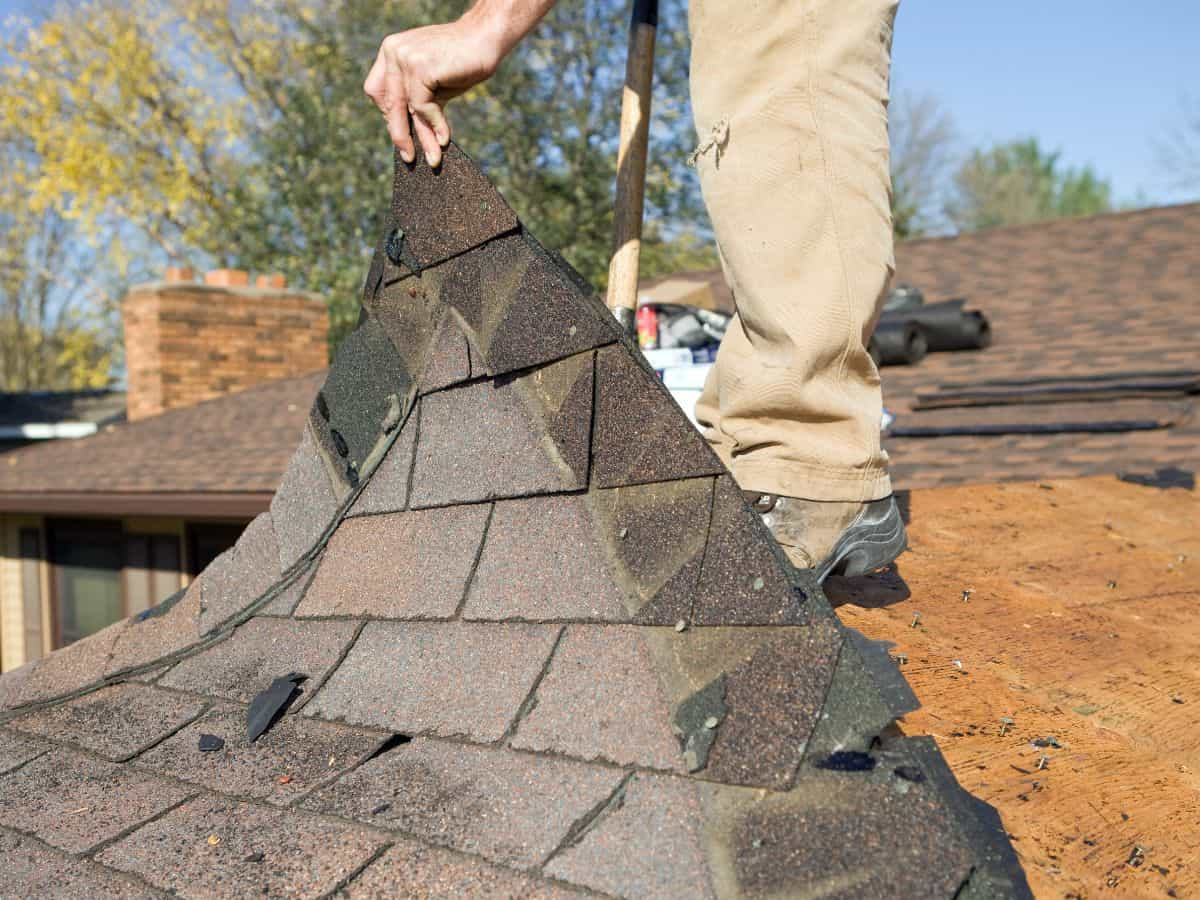
You can keep your roof in top shape for years, but one thing is certain: time will take its toll. The inevitable truth is that aging affects every roof, and not only does its condition deteriorate, but it can also influence your insurance coverage.
Proper insurance coverage is crucial to protecting you from unexpected costs and giving you peace of mind for the future. Let’s explore how the age of your roof affects insurance coverage and why understanding this relationship can help homeowners like you make informed decisions about roof maintenance and insurance policies.
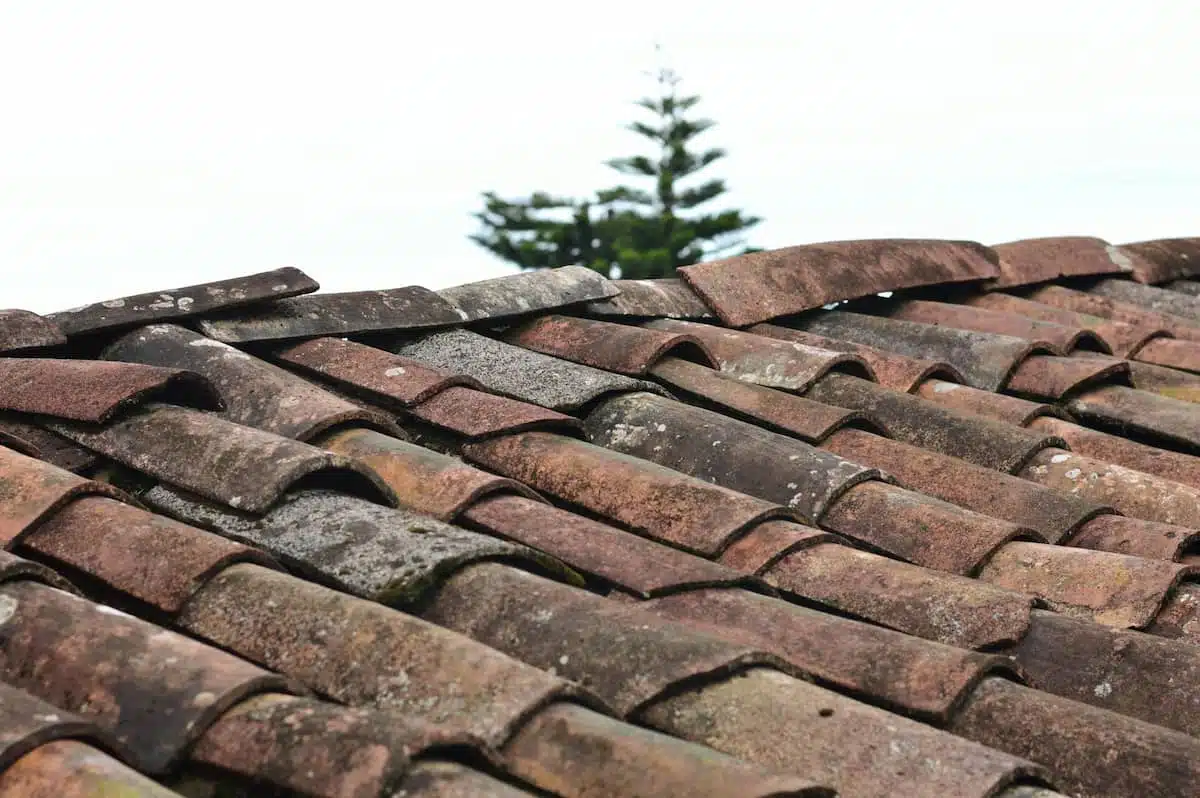
Insurance companies see older roofs as higher risk because they directly impact the possibility of damage and the likelihood of a claim. Older roofs are more susceptible to wear and tear, leading to leaks, structural issues, and other problems. Consequently, they factor in the roof’s age when setting policy terms, premiums, and coverage limits.
Insurers adjust coverage in roof insurance policies to account for the higher risk of aging roofs. They may increase premiums, lower coverage for damage, or deny full replacement costs if the roof is too old. In some cases, they may require repairs or replacement before offering or renewing coverage.
Now that you know how the age of your roof affects insurance coverage, let’s dive into the details. Insurance companies typically categorize roof ages to assess risk and determine coverage:
Depending on your insurance policy, you can choose between actual cash value (ACV) and replacement cost value (RCV).
ACV refers to the amount of money necessary to fix your roof minus depreciation. For instance, a 10-year-old roof costing $10,000 with 50% depreciation will only receive $5,000 for replacement.
Meanwhile, RCV determines how much you need to pay to replace your roof at today’s prices without factoring in depreciation. The insurance covers the full replacement cost, regardless of age. A 10-year-old roof costing $10,000 would qualify for the complete $10,000 replacement value.
ACV is more common; many standard homeowners insurance policies default to ACV for coverage on older roofs. RCV is harder to insure, especially if the roof has reached the end of its expected lifespan.
On the other hand, RCV is ideal if you’re seeking full replacement coverage. Some insurance policies offer RCV until a certain age, then switch to ACV. Be sure to ask your insurer about this.
If your roof is well-maintained, you have a better chance of securing RCV coverage, even if it’s older.
Each roof has a life expectancy. Knowing it can help you prepare for maintenance, potential repairs, and roof replacement costs. Here’s what you can do when it’s nearing its lifespan.
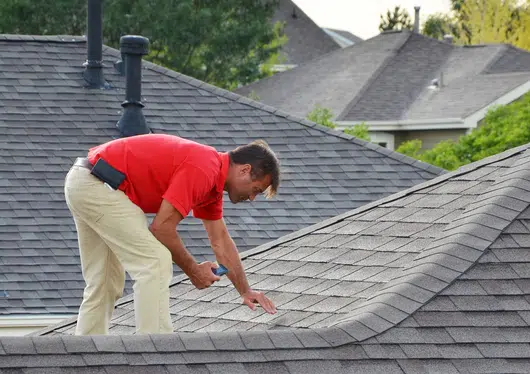
Maximizing your roof’s insurance coverage guarantees full protection and peace of mind, covering costs without out-of-pocket expenses. Here are tips for maintaining your roof to qualify for better coverage.
Inspect your roof regularly to catch issues early. Maintaining the roof’s condition prevents minor problems from escalating and keeps your coverage intact. To ensure you don’t miss less visible signs, seek professional roof inspection services to assess your roof’s condition comprehensively.
Inspections go hand-in-hand with repair. Once you detect issues, promptly addressing them is essential to prevent further damage. This shows that you’re taking proactive steps to maintain your roof and avoid problems that could significantly impact your claim or coverage.

Before deciding your next step, carefully review your homeowner’s insurance policy to understand the exact coverage. What are the inclusions and exclusions? Understanding these will help you manage expectations, make necessary adjustments, and streamline the claims process.
If you’re considering filing home insurance claims for roof repair or replacement, ensure you’ve assessed the damages thoroughly. Take clear, detailed photos of everything to support your claim and provide a smooth and quick claims process. It’s also a good idea to have a professional roofing contractor assess the damage to ensure accurate evaluation and documentation.
Knowing your roof’s age is crucial for proper care. Eventually, it will need repairs or replacement, and you may not be prepared for the costs. Understanding how the age of your roof affects insurance coverage, what to do as it nears the end of its lifespan, and how to maximize your insurance can help ease the process.
Should you need help navigating this, contact Storm Guard Roofing and Construction for a comprehensive roof inspection and insurance guidance. We’re a locally owned, nationally backed roofing and construction team dedicated to your peace of mind and home protection after any damage. We’ll help you maintain your roof so that you can secure better insurance options and reduce personal expenses in the long term.
We’d love to chat with you to understand your needs before you work with us. Contact us today to get a FREE estimate.

There are many factors that contribute to a roof’s lifespan. Here in Austin, the weather plays a big role but …
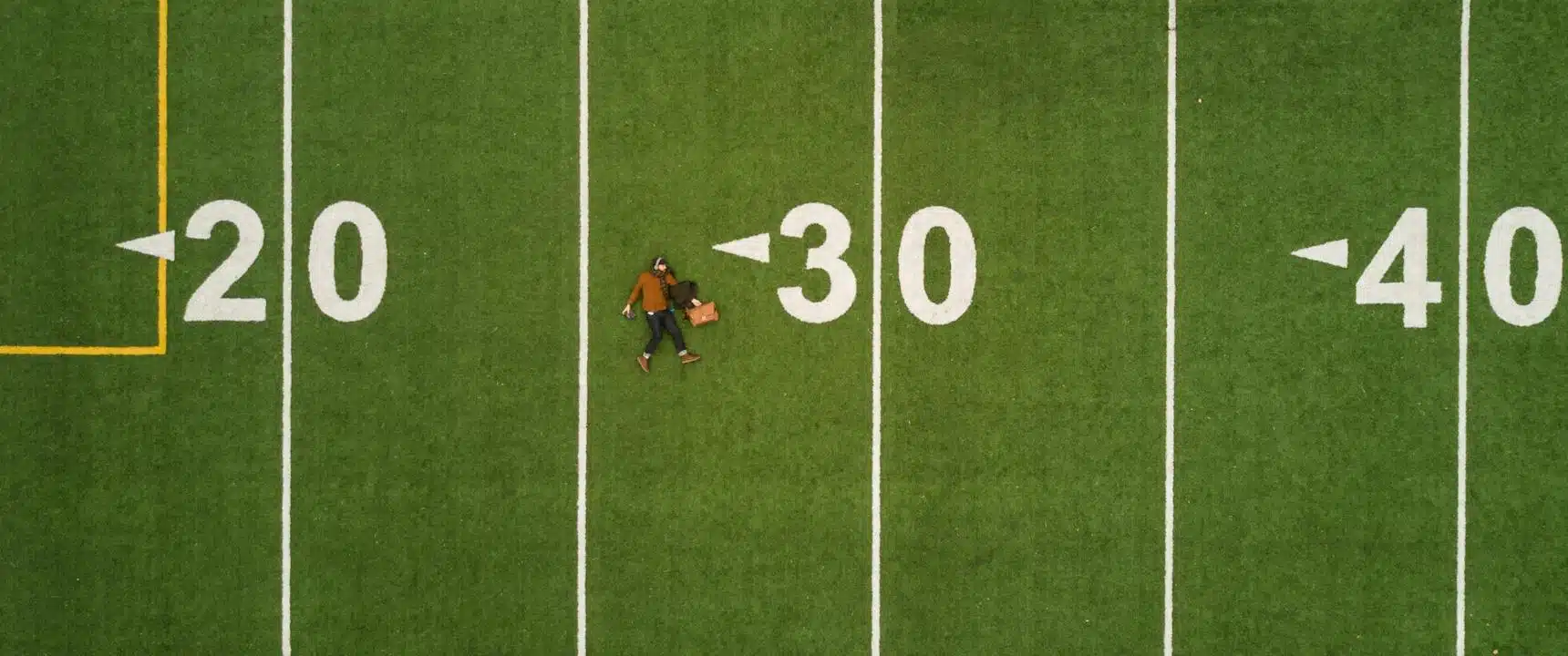
There are numerous roofing materials on the market, and, much to the chagrin of homeowners, not all perform quite as …
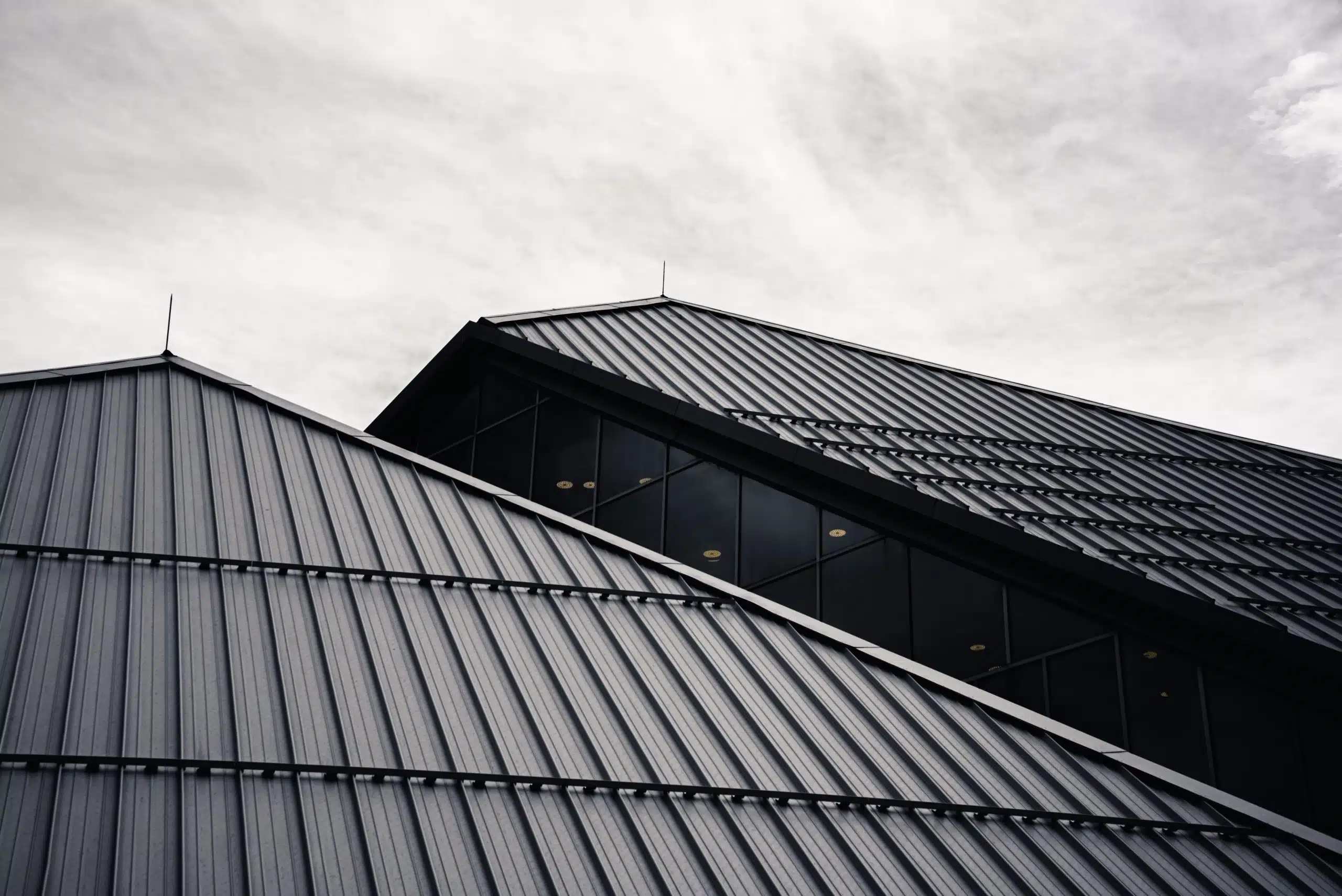
Is it time for a new roof on your home? The roof you choose plays a critical role in both …
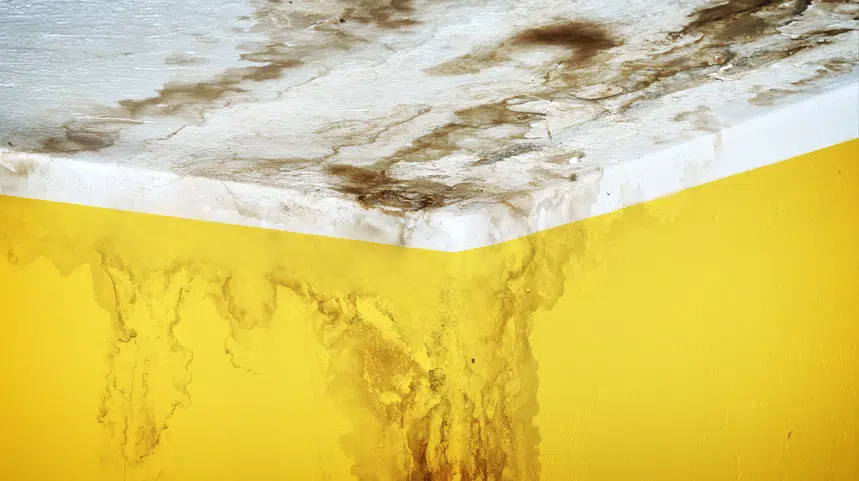
Wet spots form after a much longer process, starting with harsh weather conditions and shingle damage. A leaky roof can …

The weather in Central Texas can bring it all – intense heat, severe storms, tornados and even hail. Your roof …

The changing of seasons can bring welcomed cooler temperatures to the heat-filled days (and nights) of summer in Austin. We …